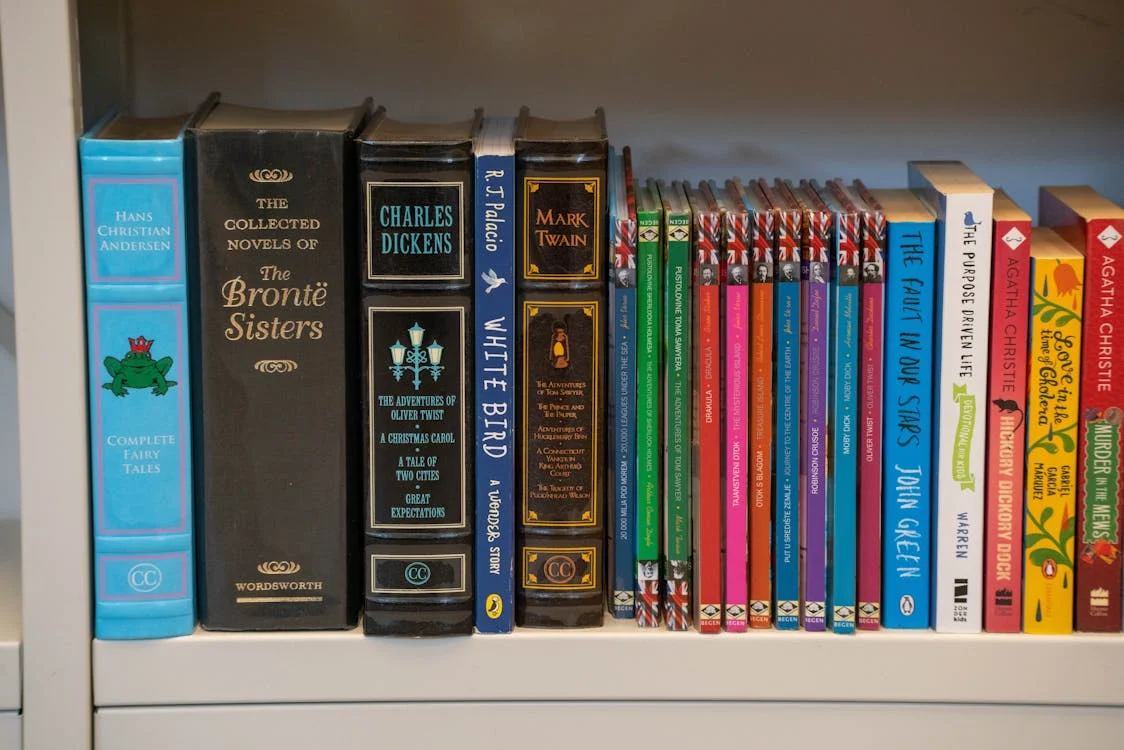
We often overlook the skills we have honed at some point for simple tasks such as brushing our teeth or slurping ramen with chopsticks.
For most of us, reading and writing in English, too, has been ingrained from an early age and we take these skills for granted. But imagine a life where you didn’t quite understand the language. What would you do? How would you read directions on a street sign? Or, an urgent storm announcement in the news telling you to stay indoors? Most importantly, what about Netflix?
It’s actually only when you are not a native English speaker, that you become acutely aware of the many obstacles that come in the way of fluency and the fundamental nature of English being a universal language that is crucial for globalisation and assimilation. Let’s consider a little more deeply the importance of reading and writing in English, specifically the essential domains of Speaking, Listening, Reading, and Writing.
Builds your soft skills
Writing is a crucial process that is challenging for both native as well as non-native English speakers. It involves a focus on content, organisation, purpose, audience, vocabulary, punctuation, spelling, and coherence. It also encourages thinking and learning, motivates conversation, and helps to lay out well-rounded thoughts for reflection. In a world of texting and messaging, writing is increasingly fundamental in our communication with others. It helps us to organise and refine our ideas by doing an internal edit of words and phrases by filtering and adjusting language to ensure a flawless delivery on paper or on a digital platform.
Reading and writing when practiced hand-in-hand, polishes our speech skills by improving the ability to construct and structure sentences as we jot them down. Writing practice also enriches our vocabulary as we try to use different words to avoid repetition. For these reasons, this has a positive effect on our soft skills too, aiding in university admission or a simple class presentation.
Reading improves writing skills
This goes without saying, but the more you read, the better you will write. Have you ever come across a person in the writing field who doesn’t read? It’s rare to find such a jewel who writes without being an avid reader. The benefits of reading are endless – you learn to use different methods of writing, with the use of better vocabulary as well as new ideas. Many novels and short stories are inspired by other novels and short stories. Browsing through any information helps stimulate the mind and can even trigger your imagination. Read and learn from the masters!
Improves your vocabulary
Reading newspapers, magazines, and novels teaches you not only language and grammar structure, but also exposes you to a myriad of words that you may previously not have heard of. And if you’re new to English, then picking up a newspaper or a simple book in English will do you wonders.
Despite this, learners of English still find the vocabulary to be one of the most challenging aspects. It is a complex language, you will come across many homophones. For example, look at ‘elevate’ and ‘alleviate’ – these words sound similar when spoken aloud but mean the complete opposite of one another. One way to combat this is to read as much as you can – repeated reading helps you to identify the contextual meaning of words. None of us can avoid the need to read effectively and understand the written word.
Aids you to explore and expand your horizons
Do you find yourself interested in the history of science and how it made its place in the world? Or are you into the current shift in diet to vegan and gluten-free foods? Being up-to-date with either of these requires a great deal of research that involves reading. To exemplify, having an inquisitive mind, you may want to look up omultiple platforms that speak about scientific fossils. You may even want to publish your own blog where you’re tracking your day-to-day nutrition and meals that support veganism. Both these mediums of reading and writing will help you embark upon a journey towards new knowledge. Exploration of new research areas will certainly help you increase your knowledge base, as well as create new space for more exciting information.
Helps you understand the beauty of language better
Just a few simple words can change the mood of a person. It can also affect your outlook on life, and soothe you in pain. Reading a nonfiction text, or a fantasy novel transforms you to a world outside your own. English classics like Emily Bronte’s Wuthering Heights, gothic novels like Mary Shelley’s Frankenstein, and the more contemporary Ikigai by Hector Garcia – they all help you understand not just the beauty of language but also the impact it has on you.
Apart from reading, the act of writing also helps you embrace the language. Your mind works out different ways of putting words to good use. Every person has their own way of speaking, and writing being one’s way of self-expression makes every human being unique. You take this understanding with you wherever you go – as a student in a foreign country or as a new recruit in a company.
Gives you better opportunities
The more you read and the more you write – the better you get at this wonderful language. Reading helps you write better, and universities look for applicants that have a strong command of the English language. When writing a university essay, it is your finesse and fluency that makes or breaks the deal. Content is important but it only has an effect when it is written in the correct way.
Tests such as the TOEFL assess your reading and writing skills, on the basis of which many universities and colleges accept your application. If you perform well it increases your chances of getting into a well-reputed university, indirectly giving you better career opportunities as well as improving the quality of life.
“ According to the 2007 NEA study, nearly two-thirds of employers ranked reading skills as “very important” for high school graduates, and more than a third found that their applicants were deficient in their reading ability.”
So to sum it up – all your time spent on reading newspapers and writing essays for your school paper gives you ample practice in the English language. Children who love to read find school more enjoyable and literary readers are more likely to engage in community events than non-readers. Your ability to comprehend and converse well brings you closer to a global community and gives you a winning edge in various areas of life.





